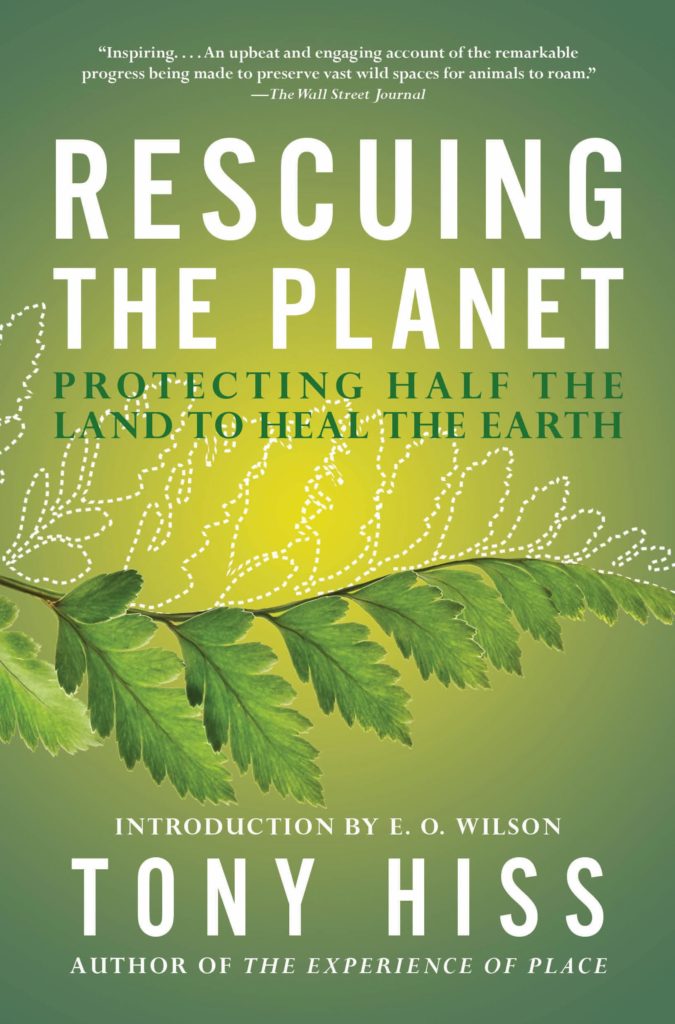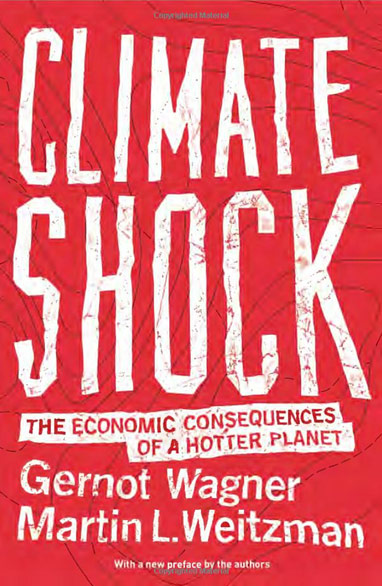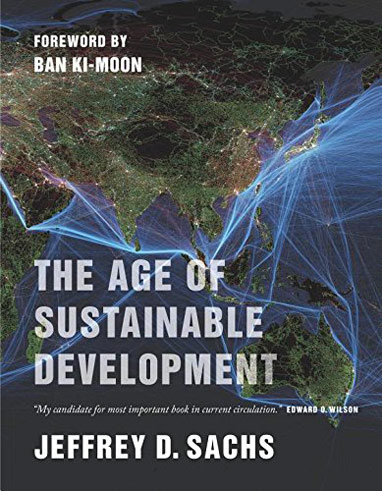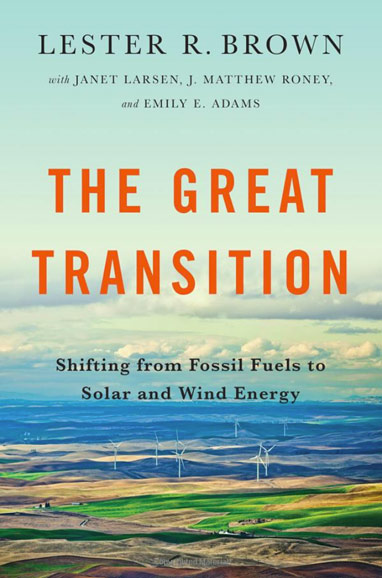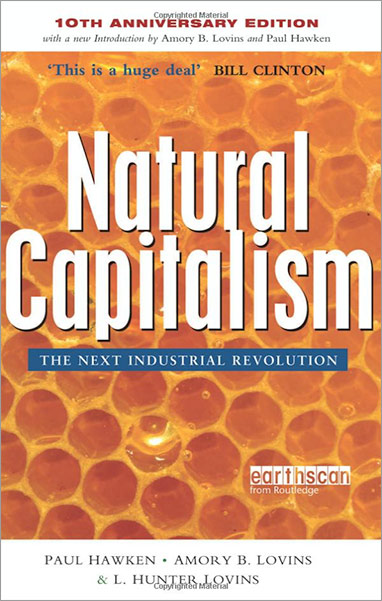
Natural Capitalism
Creating the Next Industrial Revolution
By Paul Hawken, Amory Lovins & L. Hunter Lovins
Most businesses still operate according to a world view that hasn’t changed since the start of the Industrial Revolution. Then, natural resources were abundant and labor was the limiting factor of production. But now, there’s a surplus of people, while natural capital natural resources and the ecological systems that provide vital life-support services is scarce and relatively expensive. In this groundbreaking blueprint for a new economy, three leading business visionaries explain how the world is on the verge of a new industrial revolution. Natural Capitalism describes a future in which business and environmental interests increasingly overlap, and in which companies can improve their bottom lines, help solve environmental problems and feel better about what they do all at the same time. Citing hundreds of compelling stories from a wide array of sectors, the book shows how to realize benefits both for today’s shareholders and for future generations and how, by firing the unproductive tons, gallons, and kilowatt-hours, it’s possible to keep the people who will foster the innovation that drives future improvement.
Note: The 2009 edition of this book is available for Kindle.
“A critique of the present economic system and its destructive effects on natural assets, coupled with ideas about how to make it work better. The Lovinses, directors of the Rocky Mountain Institute, a resource policy center, and business author Hawken (The Ecology of Commerce, 1993, etc.) merge their talents and experiences here to offer practical guidelines for reducing the environmental messes made by the industrial world, including pollution, transportation congestion, erosion, and wasted energy of all types. While suggesting solutions, however, they use a good deal of space to attack both contemporary enterprises and those dating to the Industrial Revolution. Targets include specific technologies, corporations, and general business practices, as well as wasteful consumer habits. The aluminum can, for example, is examined in particular detail, from ore mines to assembly lines. Capitalism as an economic system is criticized as a financially profitable, nonsustainable aberration in human development. Also attracting debate is the free market, vilified as one of the forces causing waste and pollution. This seems unfair, since the same system is an underlying aspect of the solutions cited throughout the book. Rather than abandon capitalism altogether, the authors argue for modification, yielding what they call ‘natural capitalism.’ This could mean, for example, assigning value to electricity that is unused, what they call ‘negawatts.’ They offer detailed explanations of ideas that yield positive results, i.e., reduced energy usage in a mechanical appliance but fail to provide a step-by-step plan of action for broader applications. The book nonetheless yields unique value as a broad collection of intriguing ideas that work and compelling pleas for the benefit they bring: increased profits. Despite their unease with the present economic system, the authors ultimately favor individual responsibility and local and entrepreneurial initiatives for solving environmental problems.“ — Kirkus Reviews. Copyright ©1999, Kirkus Associates, LP. All rights reserved.
Categories: A Sustainable Planet, Our Contributors' Book Reports
Subjects: capitalism, environment, green energy
- All Books by Section
- Our Contributors' Book Reports
- Books Referenced in Human Journey Sections:
- Journey of the Human Mind
- Discovering Our Distant Ancestors »
- The Evolution of Language
- Ideas that Shaped Our Modern World »
- Paleolithic Beginnings
- Connecting with the Gods
- Axial Age Thought
- Origins of Christianity
- Origins of Islam
- The Journey of Classical Greek Knowledge to the Western World
- Stories and Storytelling
- Tools and the Development of Contemporary Society »
- A Sustainable Planet
- The Changing World Economy »
- Health and Education in the Modern World »
- Our Mind in the Modern World »


